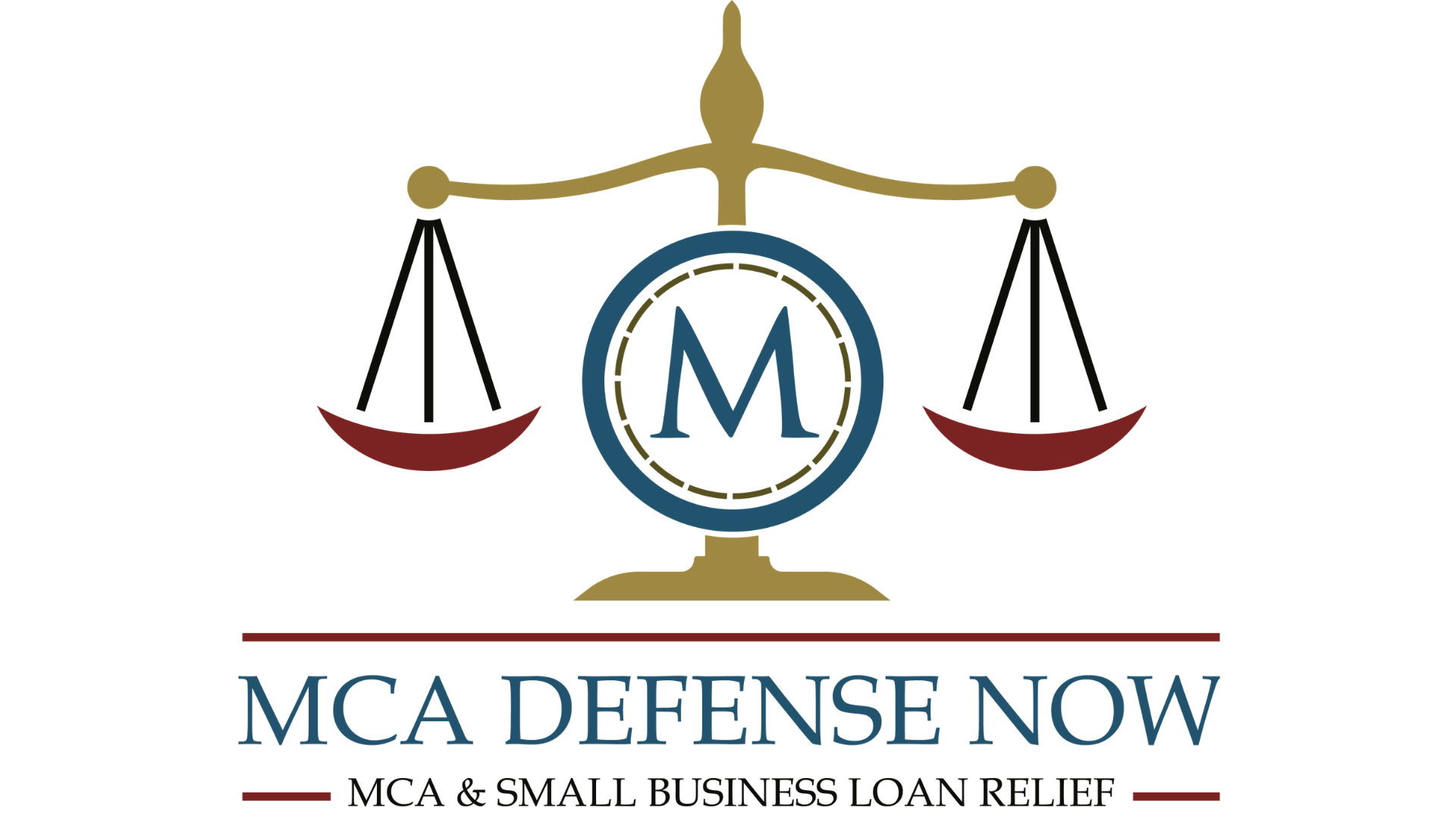Call Us (877) 347-7007
UCC Liens
Small business owners often rely on merchant cash advances and other unsecured business loans to buy land, hire employees, and purchase essential equipment. While most owners have some understanding of how these loans affect their companies, many are unfamiliar with
UCC filings. When a UCC lien is filed, it gives a lender the legal right to seize the company’s assets in the event of a loan default. These liens have significant implications for businesses, and it’s important for owners to consider them when finding out what happens if you default on a merchant cash advance loan.
Which Assets Can Be Secured Via a UCC Statement?
A business owner can give a lender a security interest in their property by signing and submitting a UCC statement. A provider of merchant cash advance services may require the owner to sign an agreement for a specific piece of property or put up more collateral to secure a lien. In some instances, lenders may ask for blanket UCC statements. These filings give a lender an interest in all the company’s assets. Examples of assets used to secure
UCC liens include:
- Company vehicles
- Accounts receivable
- Inventory
- Equipment
- Office electronics
- Investment securities
- Real estate
The asset does not have to be unencumbered by previous liens for a lender to file a new UCC lien. Similarly, UCC statements do not prevent other providers of small business loans from using the assets as collateral. UCC statements create liens on the filing date, and the first provider to file a statement has priority over those making subsequent filings. A UCC statement notifies other lenders that their security interests are secondary to other recorded liens.
What Can a Lender Do When You Default on a Loan Secured by a UCC Statement?
If you
default on a merchant cash advance or another loan secured by a UCC statement, the lender has multiple options. They may petition the local court for a judgment against you, or they may use legal means to foreclose, repossess, or enforce a claim against the assets named in the UCC lien. The method used to enforce a lien depends on the type of assets listed in the UCC statement and who possesses the property.
How a UCC Lien Affects Your Business
A UCC filing may have several adverse effects on a small business. Owners can minimize their risk by understanding the implications listed below.
- Credit damage! UCC liens stay on a company’s credit report for five years. They will affect the business’ credit score by increasing its utilization ratio.
- Removing access to additional financing. Most merchant cash advance loan providers require collateral. Because a small business typically has limited assets, the owner may not be able to get financing from other sources until the UCC lien is removed.
- Asset loss. When a loan provider files a UCC lien, all the company’s assets are at risk in the event of a default. Blanket liens are problematic as they allow a lender to sue a business owner for everything they have—meaning you could be forced to cease operations if you can’t afford to repay the loan.
While UCC liens are beneficial to lenders, they can be harmful to small business owners. If you are currently struggling with a MCA or having merchant cash advance legal issues, it’s crucial to understand what these liens are and how they can affect your company. Our
merchant cash advance attorneys can provide advice and recommend defensive strategies that will protect your interests and keep you in business. We provide assistance with a variation of
UCC lien filing issues and are committed to the interest of the business owner. As well as providing the best merchant cash advance relief.

“MCA Defense Now was there when I needed them most. They were not only pragmatic but very intelligent and my case was handled very seriously."
Robert

"I want to say thank you for all of your hard work with my various accounts and lenders. I could not have handled this alone. I am very grateful that everything was done so quickly and professionally."
Vicky

"They put a stop to the harassment from all of my lenders and halted the daily payments. Not only was I able to keep my business afloat but I was able to immediately put money back into my business. Where it belongs!"
Paul
Button
"Thanks to MCA Defense Now I was able to avoid bankruptcy and receive an immediate influx of cash back into my business. They gave me the support I needed to continue my success and keep my business doors open."
Patrick
Button
Free Evaluation
Sound debt relief advice is based on years of training, hard work, and passion. As well as familiarity with legislation and precedent sound consideration. You’ll find all that and more at MCA Defense Now.
Contact Us
We will get back to you as soon as possible.
Please try again later.
About Us
We've been providing consumers and business owners nationwide with top-notch debt relief solutions for over two decades.

